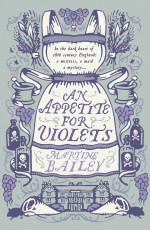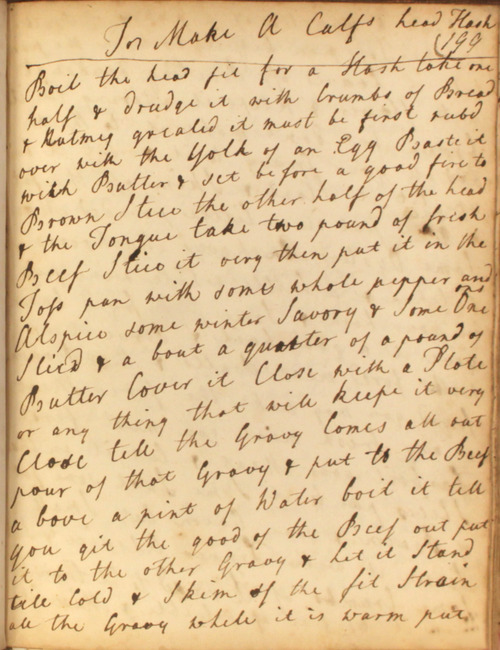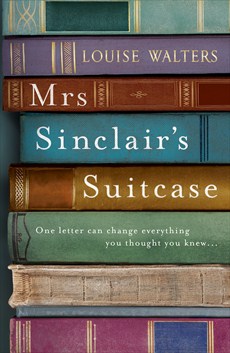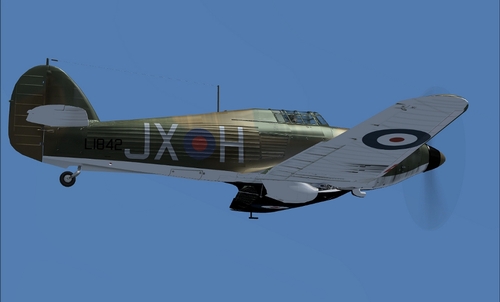AN APPETITE FOR VIOLETS by Martine Bailey

Martine Bailey’s first novel is a tour de force set in eighteenth-century Europe. Its heroine is plain-talking Biddy, an under-cook at an English mansion. We are brought into her world through a cookery journal named ‘The Cook’s Jewel’, full of recipes jotted down through the years by a succession of women. When a new mistress arrives at the house, Biddy is soon drawn into intrigue and the heart of a mystery, the roots of which are not fully revealed until the very end of the book. There are many other interesting characters in this story, some of whom contribute their own perspectives, through letters and viewpoint; in particular, a slave renamed Loveday from Batavia (present day Indonesia), whose memories of his homeland were particularly fascinating to this reader. This novel is about rulers and the ruled, cookery and the emergence of restaurants, sugar-craft, slavery, all kinds of love and companionship and also a great mystery story. The writing itself is beautifully fluent and quirky in its use of eighteenth-century parlance, yet this latter element was used charmingly and never overdone. It’s full of twists and turns with marvellous moments of drama and some super revelations I never saw coming! I’d recommend this novel to anyone wanting an insight into the period and a jolly good read with satisfying and very real depths.

MRS SINCLAIR’S SUITCASE by Louise Walters

This dual-narrative novel follows present-day Roberta – who works in a bookshop and finds letters and cards inside the old books – and 1940s Dorothy who meets a Polish pilot during the Battle of Britain. Secrets from the past resurface chapter by chapter as the relationship between Roberta and Dorothy is gradually revealed. The lives of these two women and the conflict between their inner feelings and the outer world – and for both, a reluctance to fully engage with that outer world, looking in from outside, always on the edge of things – are beautifully rendered by the writer. Traditional aspects of women’s lives – such as childbirth, relationships with parents, marriage, adultery, cookery and laundry – are explored in a sensitive and careful way, all the while the central mystery unfolding and drawing the reader onwards. I particularly enjoyed the scenes between Dorothy and Jan, her Polish pilot, which achieved a kind of timeless quality which I did not want to end and was eager to return to. I’m trying to avoid giving away any plot spoilers, but suffice to say there is a central scene recollected by Dorothy – told in flawless stream of consciousness – which was devastating and harrowing to read, brilliantly done – you’ll know what I mean when you get there. The characters will live on long in the memory, and the scenes in Dorothy’s kitchen and in the fields surrounding her farm are etched in my mind. A lovely book, touching and very moving.

Happy reading!